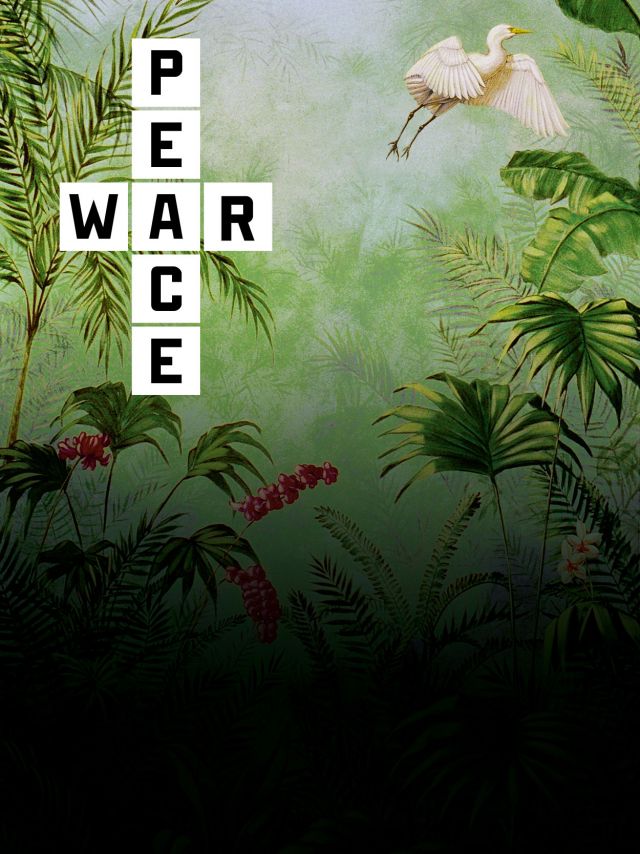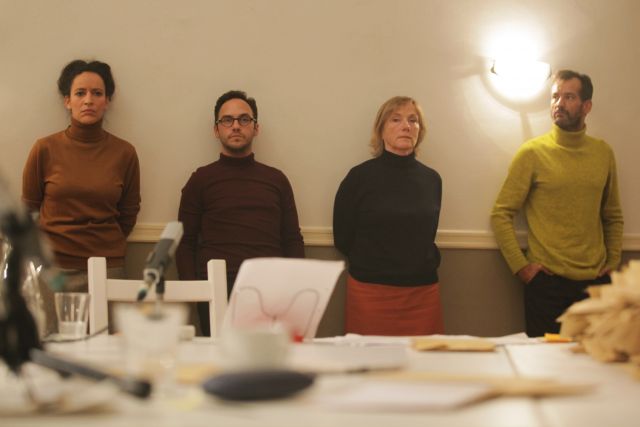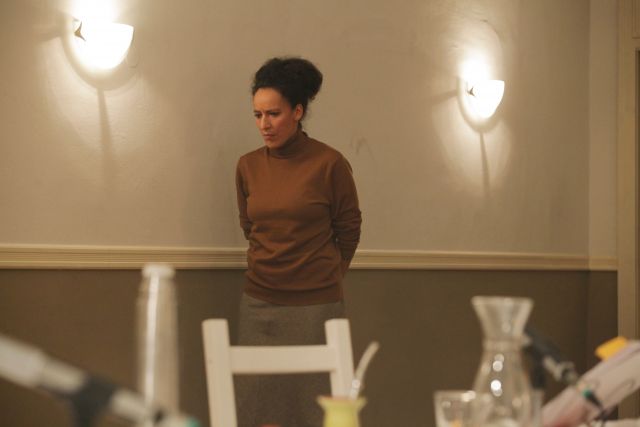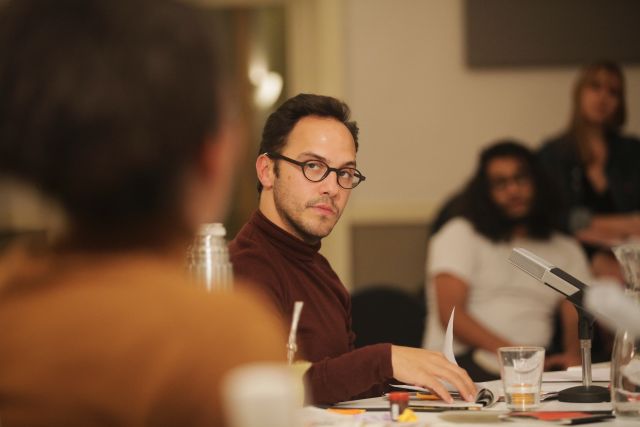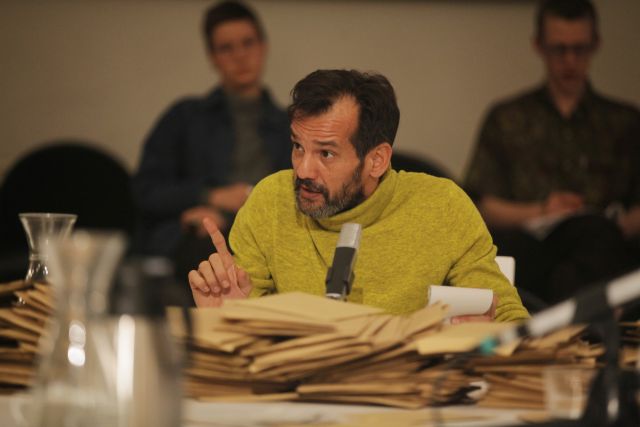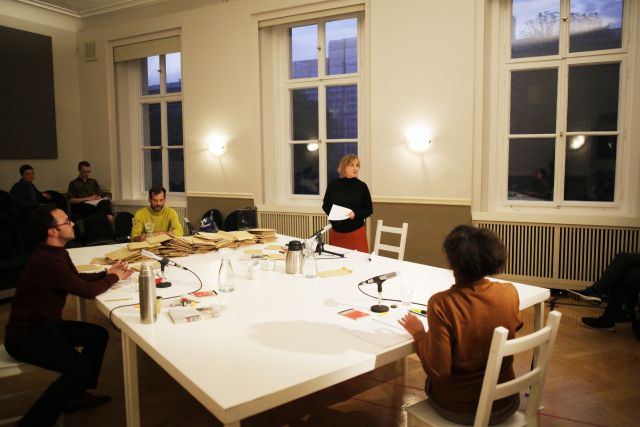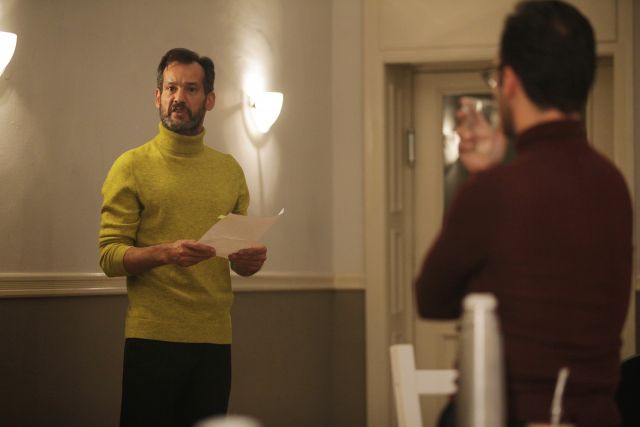Skip to main content
Kultur verteidigen
Berlin
In the shadow of Hitler and Stalin, the experiences of the First World War still lingering in body and soul, 250 writers from all over the world gathered together in Paris in 1935. From Paul Nizan to Bertolt Brecht, from Aragon to Pasternak,
from André Malraux to Tretyakov, from Anna Seghers and Lion Feuchtwanger to Robert Musil, the intellectual elite met to »save culture today« (Bertolt Brecht). The International Writers’ Congress for the Defence of Culture was anti-fascist intellectuals’ attempt to show, through a major public event, that Europe was not completely lost to fascism. The goal was to organise a broad popular front movement to counter the reality of ever-expanding fascism. On the one hand, the congress seems impressive, from today’s perspective, as a moment of mobilisation of solidarity. On the other, the further course of history also tells of the powerlessness of language and thought. Renowned documentary theatre duo Hans-Werner Kroesinger and Regine Dura use the original speeches as a starting point for an appraisal of the role of art and culture, exploring the uncanny timeliness of the speeches given back then.
Excerpt from Heinrich Mann’s lecture he delivered at the International Writers Conference in Paris 1935
Read text
Lecture as part of the festival
War or Peace - Crossroads of History 1918 / 2018
Direction
Hans-Werner Kroesinger
Concept/Text Selection
Regine Dura
